PREBIO, Fibers to support management of healthy gut microbiome with natural fibers and probiotics, 10 gram sachet Correct gut microbiome with selected good bacteria and chosen fibres to support the microbiome for the betterment of carbohydrate metabolism and improvement in diabetes and other metabolic syndromes. All in one blend of plant fibers to support the balance of the gut microbiome and overall gut health with healthy fibers. PREBIO is a custom blend of organic prebiotic fibers. Prebiotics can encourage the growth of beneficial bacteria already in your gut and can also aid in growth and maintenance of these bacteria. PEBIO is formulated with a variety of prebiotics plant fibers from diverse sources because different beneficial bacteria prefer different prebiotics in order to thrive. Good bacteria support helps in regulating blood glucose as well as other related complications. When taken as a food supplement, PREBIO, support good bacteria and provide good health. With supplementation, blood glucose is normalized and provides support to improve diabetes complications. PREBIO Natural Sugar Control has Zero Additives & Preservatives and is 100% Sugar-Free. It is Easy-to-Consume and can be mixed with any food or beverage you love. It dissolves easily with sweet taste and flavour thus fitting into your regular diet effortlessly.
Indications (Benefits): Gut health and digestion
Dosage: For best results one sachet daily with food or water or as directed by a healthcare professional
Product Attributes: 10 grams Sachet
Pack size: 10 Sache/Box
Ingredients: • Natural Fibers – Fructooligosaccharide (FOS), Mannooligosaccharide (MOS), Oat fibers, Inulin, Inositol, Wheat Grass fiber, Millet fibers, Flex seed extract, Artichoke extract, Raw banana fiber, Barley fiber, Beet root fiber, Carrot fiber, Moringa leaf fiber, Rice bran fiber (Arabinoxylan), Green jackfruit fiber
• Probiotics- Lactobacillus acidophilus, Lactobacillus casei, Lactobacillus rhamnosus, Lactobacillus lactis, Bifidobacterium longum, Streptococcus thermophilus, Lactobacillus sporogenes, Lactobacillus gasseri , Saccharomyces boulardii
Safety: Safe to use for children and adults. No side effects and allergies.
The widespread use of antibiotics and the transition to a highly processed diet lacking fibre and other prebiotics, has altered our natural gut microflora. The altered flora, or dysbiosis, is linked to metabolic diseases such as diabetes, obesity, hypertension, and dyslipidaemia. Dietary intolerance (excessive fat, refined carbohydrate or fructose) alters the gastrointestinal microbiota. Gut bacteria is an important determinant of susceptibility to obesity and related metabolic diseases.
The alteration in the gut microbiota has recently been recognized as a key environmental factor resulting in metabolic diseases, such as type 2 diabetes. Gut bacteria could also affect obesity by promoting a chronic inflammatory status. An altered flora followed by dysbiosis affects carbohydrate metabolism. The gut microbiome of a diabetic person is found to be different from that of a healthy one. In a human study, it was found that the amount of Firmicutes bacteria is lower, whereas the number of Bacteroides and Proteobacteria is higher in the gastrointestinal tract of patients with type 2 diabetes compared to that of non-diabetic persons. Following innovative dietary strategies, it seems possible to maintain euglycemia by normalizing the altered microbiome, and to prevent long-term micro- and macrovascular complications of type 2 diabetes.
Probiotics have been reported to have a positive impact on the metabolic control in diabetes and this has been proven by their ability to lower fasting glucose and insulin levels. Whole bacteria, as well as their products and metabolites, undergo increased translocation through the gut epithelium to the circulation, due to degraded tight junctions and the consequent increase in intestinal permeability that culminates in inflammation and insulin resistance. Probiotics significantly reduced total cholesterol, triglyceride levels, CRP levels, HbA1c levels, fasting plasma glucose levels, fasting insulin, and blood pressure together with the increase of the HDL levels.
For glycemic control, a combination of probiotics and prebiotics in the symbiotics supplementation is more effective than probiotics alone. The carbohydrate prebiotics such as insulin, fructo-oligosaccharide (FOS) and galacto-oligosaccharide (GOS), linear chains connected with β glycosidic bonds are resistant to human enzymatic digestion in the small intestine. As such, the consumption of these compounds has no acute effect on blood glucose levels or stimulation of insulin secretion. Fiber consumption is inversely associated with body weight, body fat, diabetes and insulin resistance. The use of functional foods for the prevention and management of diseases has steadily increased over the last few decades as a means of advancing health and emotional well-being. There have been many cases where patients obtained relief from symptoms related to chronic illnesses as an aftermath of conventional medication.
Prebiotics can be helpful for people with diabetes because they encourage the growth of potentially beneficial bacteria. Increasing fiber content in your diet may also help you cultivate a diverse microbiome and potentially improve symptoms of diabetes. The phenolic content and low glycemic index of dietary fiber makes it advantageous for diabetic patients. Fiber also affects satiety and is related to changes in the appetite-related gut hormones. A number of peptides, including glucagon-like peptide-1 (GLP-1), have been shown to increase satiety and decrease energy intake. FOS is mainly known for its ability to improve host health as it stimulates the growth of some beneficial bacteria, such as the Bifidobacteria. FOS supplementation in the diet can be a possible strategy for reducing blood glucose.
Applied For
Diabetes, diabetes complications, promotes normal blood sugar, improving insulin sensitivity

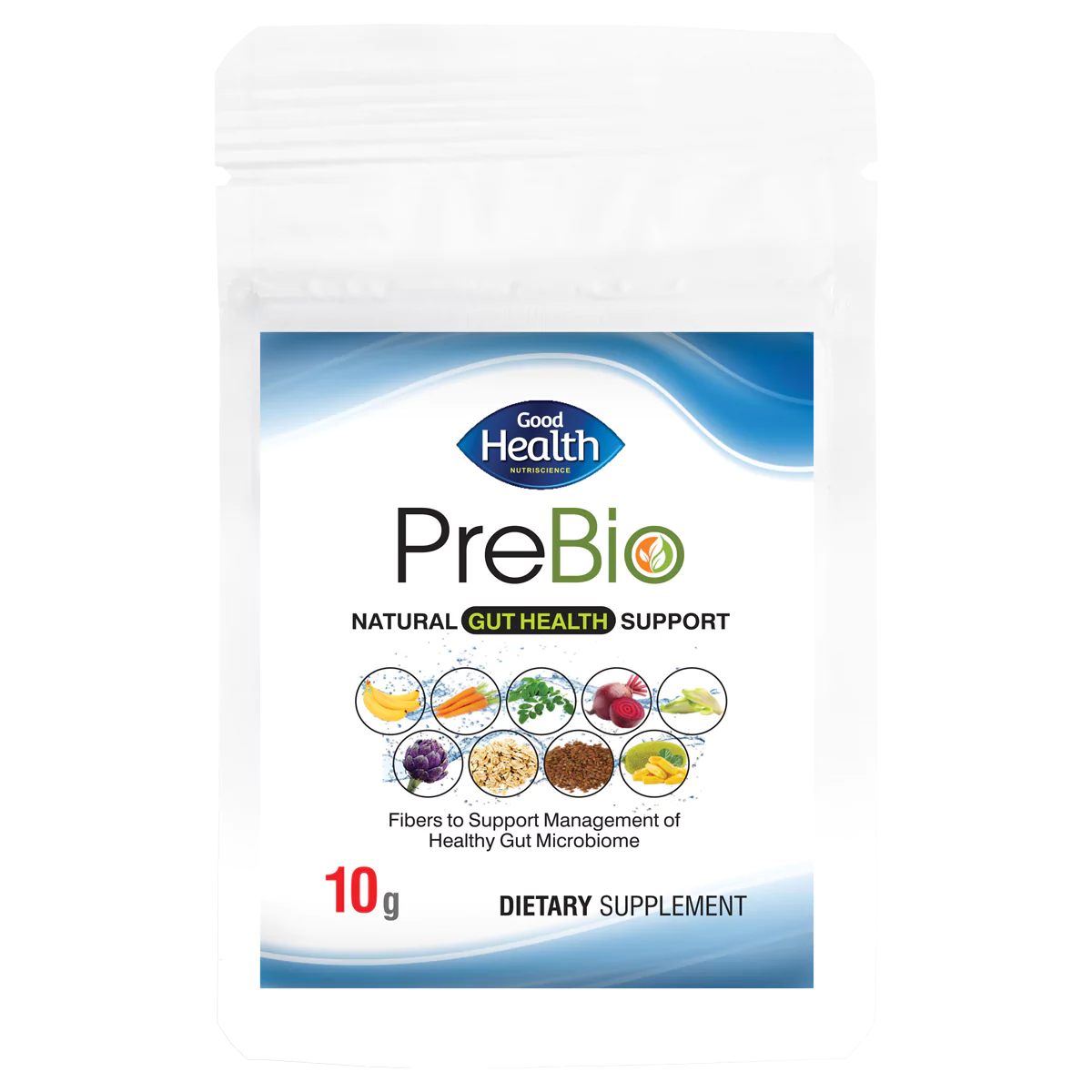
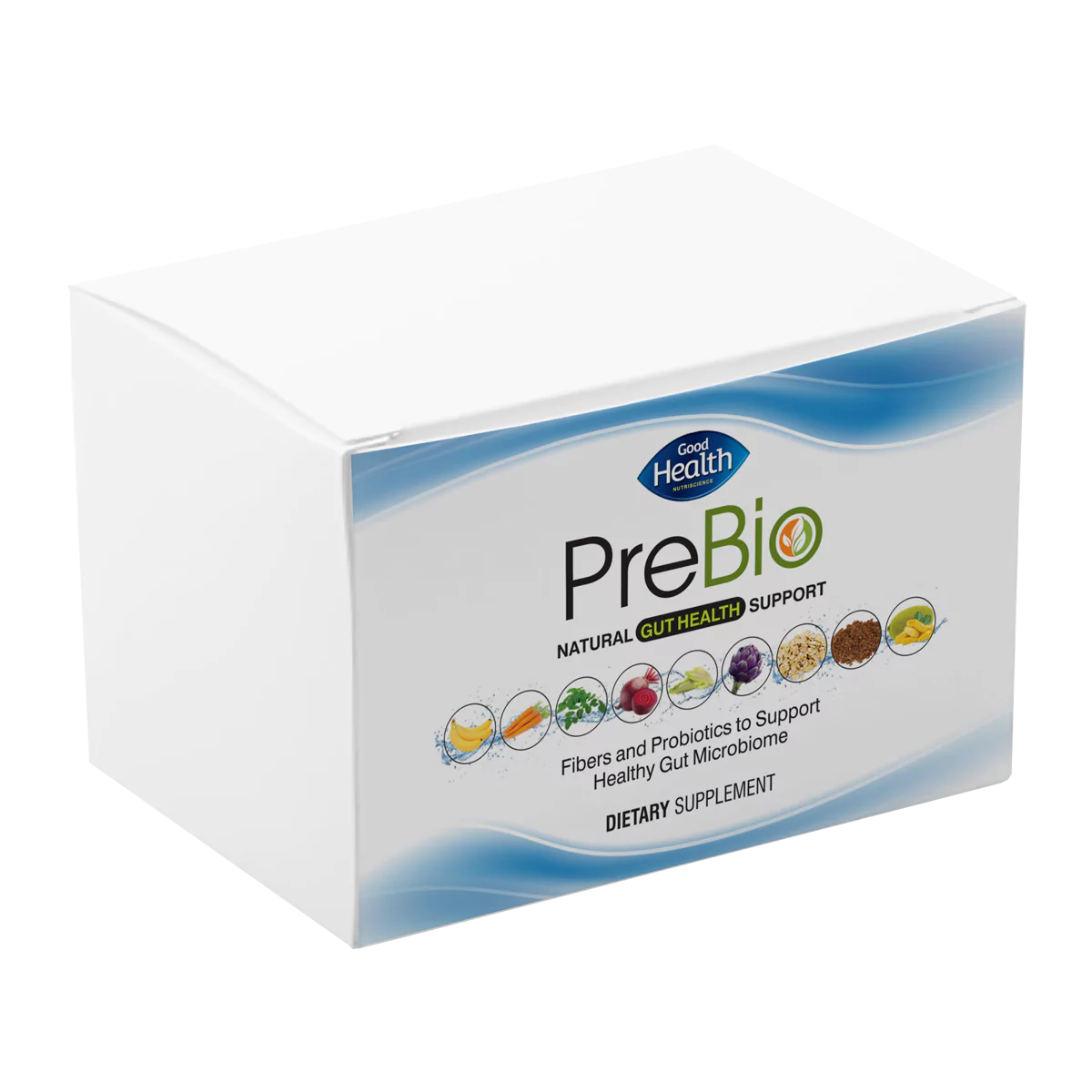
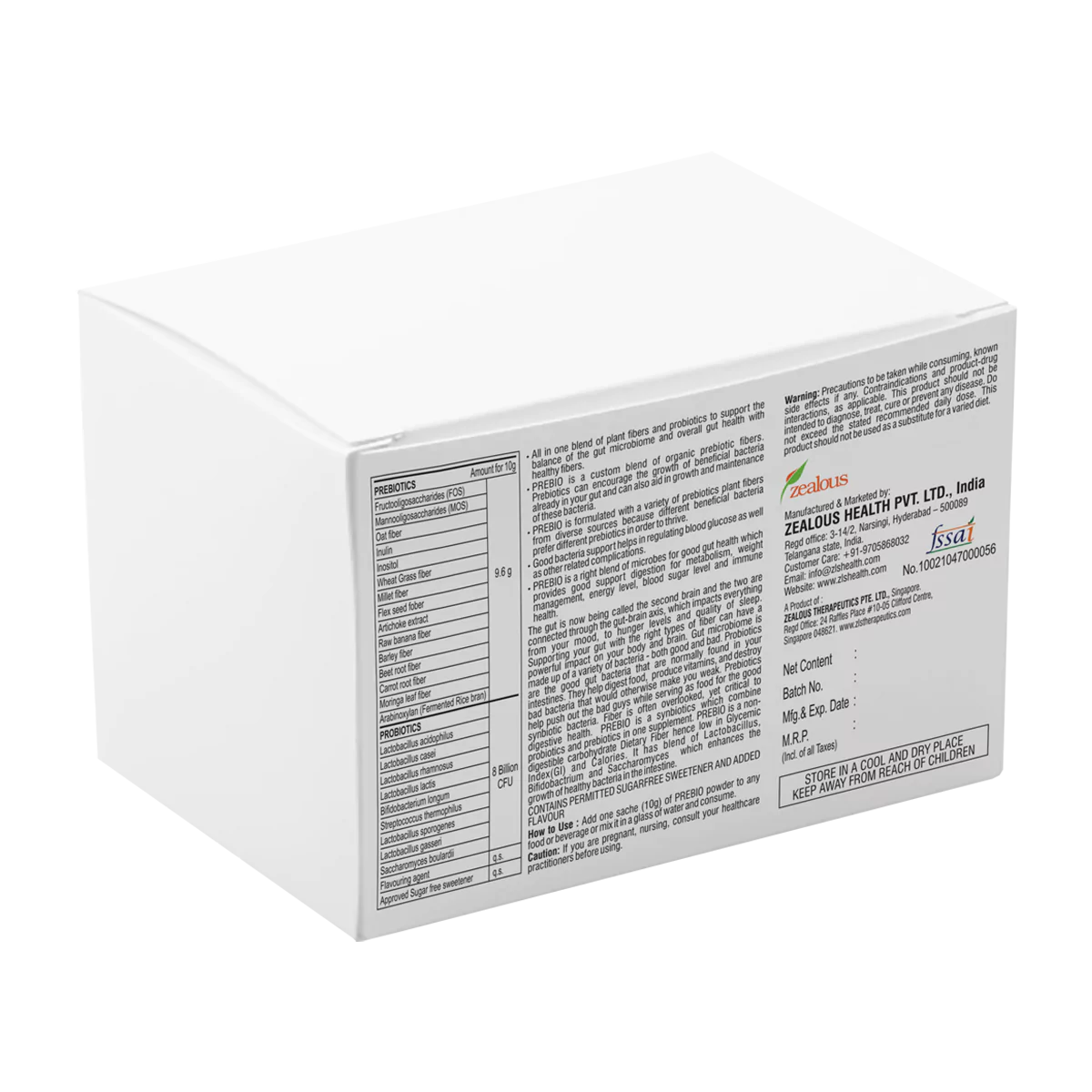
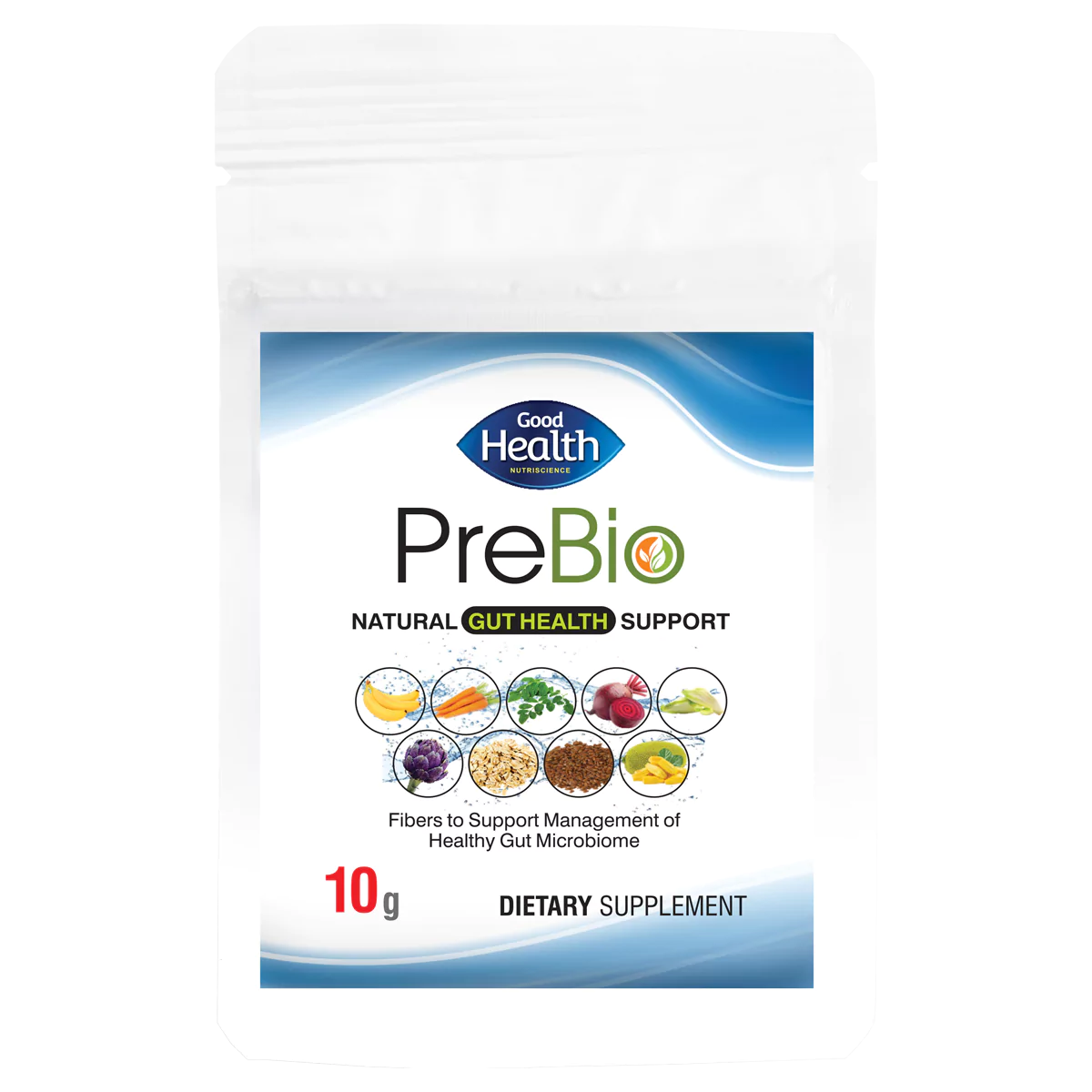
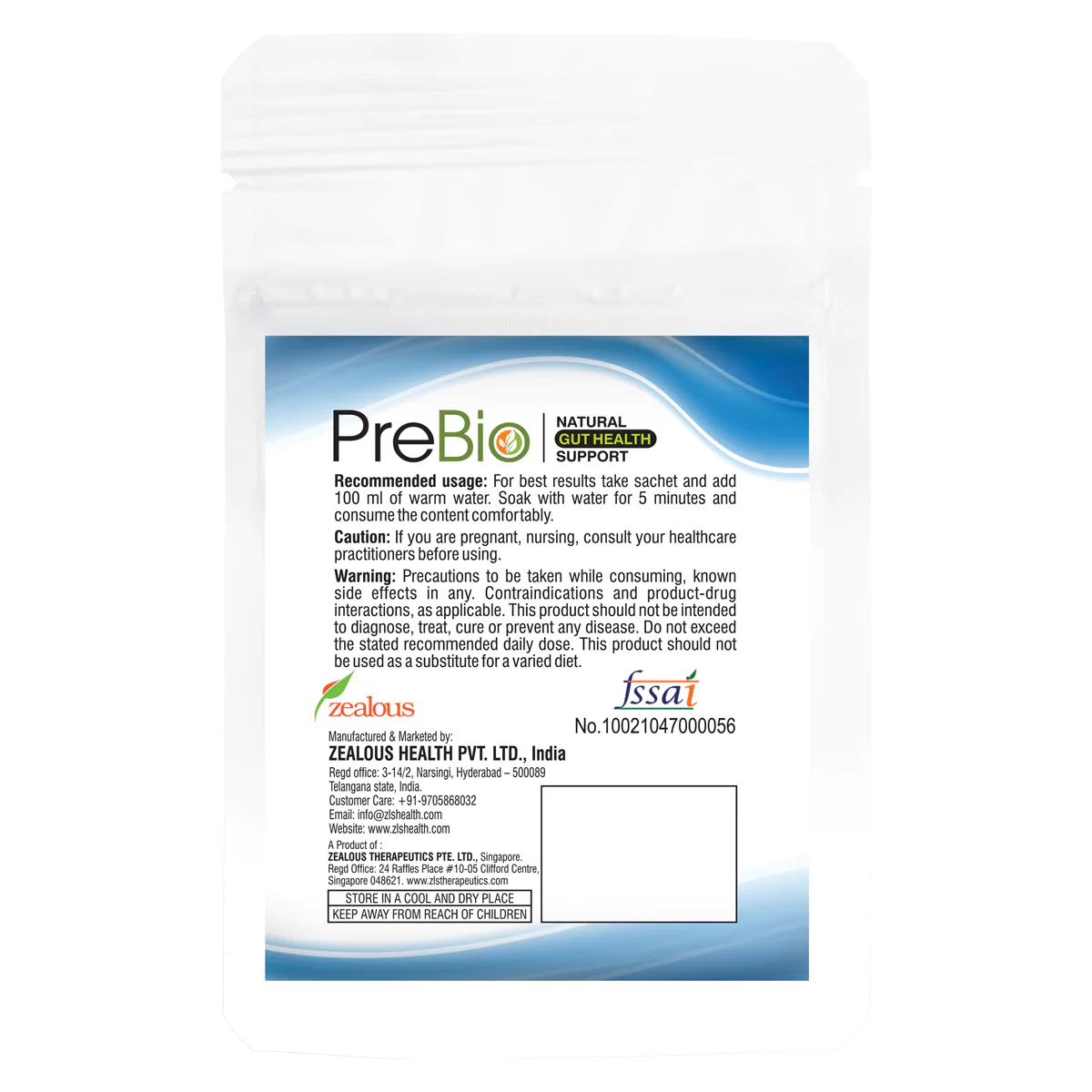
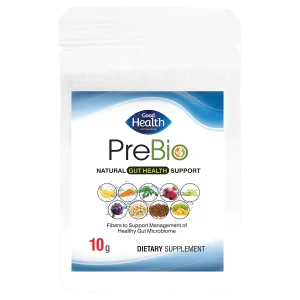
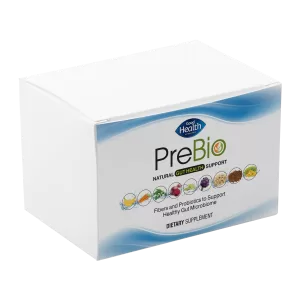
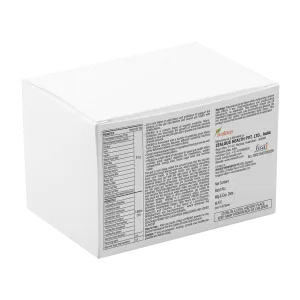
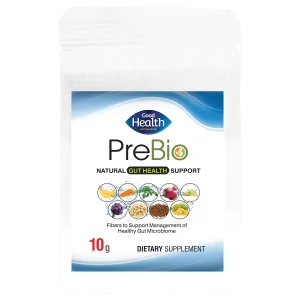
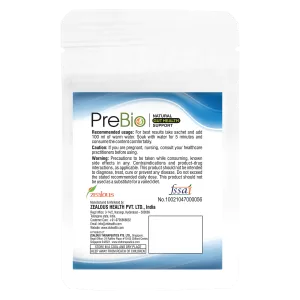

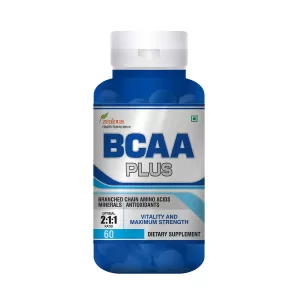
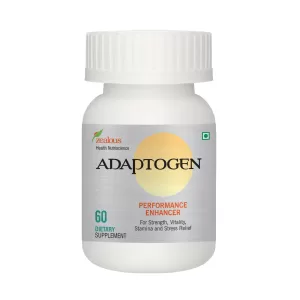
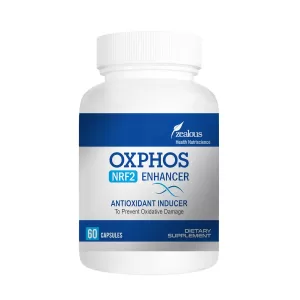
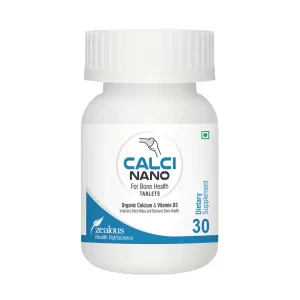
Reviews
There are no reviews yet.